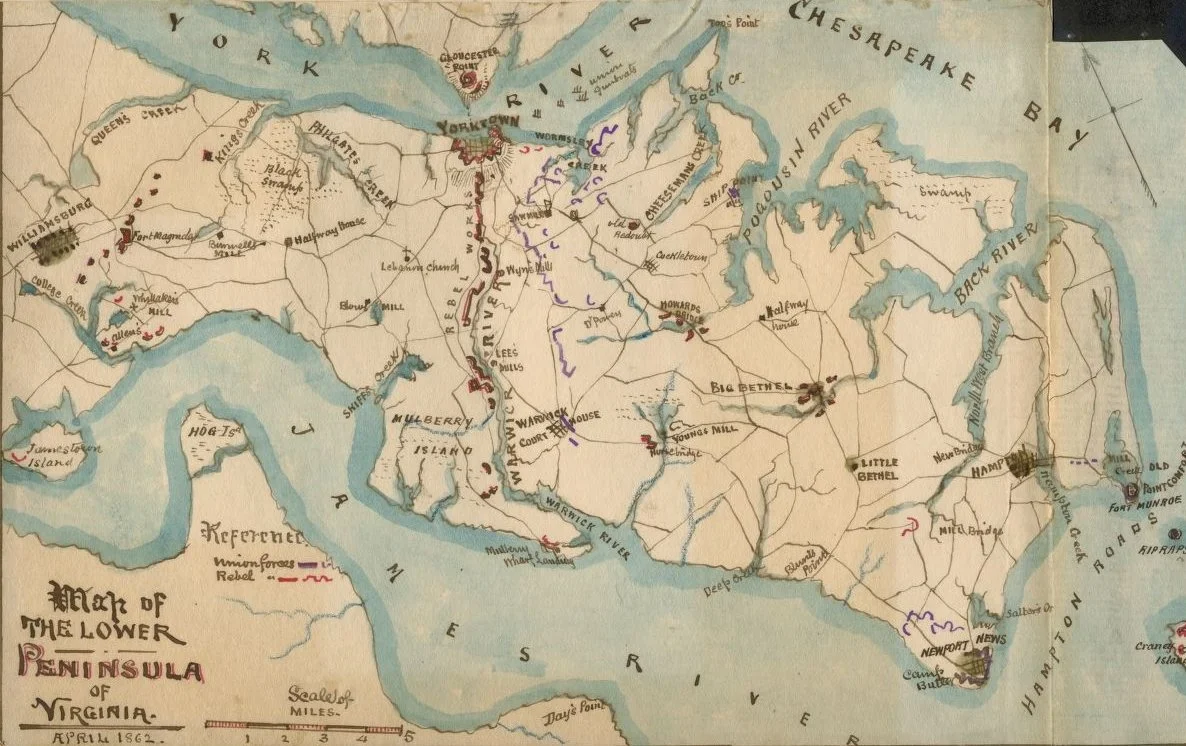Elizabeth Key
2025 Black History Month: Unsung Heroes
Yorktown, VA
This Black History Month, the Middle Passage Ceremonies and Port Markers Project honors the unsung hero Elizabeth Key (1630-1665).
In 1656 Elizabeth Key, born in Warwick County, Virginia, sued for her freedom claiming that she had been unjustly enslaved. Her mother of African descent was held in some form of servitude and her father, Thomas Key, was an English planter. It is most probable that her mother or grandmother arrived at Yorktown or at a location on the York River. Since English law assigned a child’s legal status to that of the father, prior to 1656, Elizabeth had been declared her father’s child by the court, and he was ordered to provide for her. Thomas Key, a member of the House of Burgesses and a pioneer planter, eventually left Virginia and returned to England. Before leaving, he asked an associate to serve as her guardian until she reached maturity. Over time her care was transferred to another Englishman in Virginia who held her in bondage, not freeing her when she became an adult. She petitioned for her freedom based on established English common law and won. She was one of only a few in the British colonies to be granted liberty. As a result of her suit she married an English indentured servant, and all her children were declared free. This decision in Key’s favor by the Virginia court set a precedent that British colonists felt threatened their major source of labor. However, mixed-race people viewed it as a possible means to freedom. At this time, and until the 1830s, most of the children born in North America’s European settlements had non-European mothers - either African or Native American. In Virginia, after the Key decision, the English colonists anticipated its ramifications and in practice systematically diverged from English common law, initially declaring any and all children of indentured servants were also indentured at least until adulthood. By 1662, the House of Burgesses enacted a law that stated a child inherited the mother’s status, and in 1705, to cover all contingencies, Virginia declared that all non-European indentured servants had the status of slaves, closing all legal loopholes to freedom.
From 1656 until 1705 the status of people of African descent was varied and in legal limbo. Following the Key decision, the information sharing network among people of African descent was active as a few attempted, if only on a limited basis, to determine how the legal system could work in their favor.
One family’s first recorded history is of an ancestor, no more than two generations removed from Africa. She appears in a 1657 York County, Virginia, court case one year after the 1656 Key decision. Probably emboldened by the outcome of the Key case, a “Negro woman” petitioned and testified in court against her child’s father, Thomas Twine, an indentured English man. By having her child’s paternity established by the court, she attempted to ensure her son’s status as a free person, even if indentured. The Justices charged Twine with fornication, whether it was consensual or forced is not included in the record, but he was held responsible for his child and found guilty. Both parents worked on the estate of Captain Daniel Parke, Sr. As fate would have it, her son did not escape slavery.
This is the first documented Black Twine in North America and illustrates how a family obtained the surname found repeatedly in Parke, Custis, Washington and Peter property records. In his 1677 will, Captain Daniel Parke, Sr. made Daniel Parke II executor of his estate and left him “all my Plantations and Negroes” which determined the future of this family – indentured or enslaved. Having reached the age of majority but indentured, the Black son of Thomas Twine became enslaved as a result of the 1705 law declaring all Black indentured servants were enslaved - no matter who was the father.
This is only one example of the result of the 1656 court challenge by Elizabth Key that set the pattern of how a select elite group constructs law and its interpretation to achieve personal gain and power. Today, we are living with this legacy.
P.S. Actor Johnny Depp is the 8th great-grandson of Elizabeth Key.



